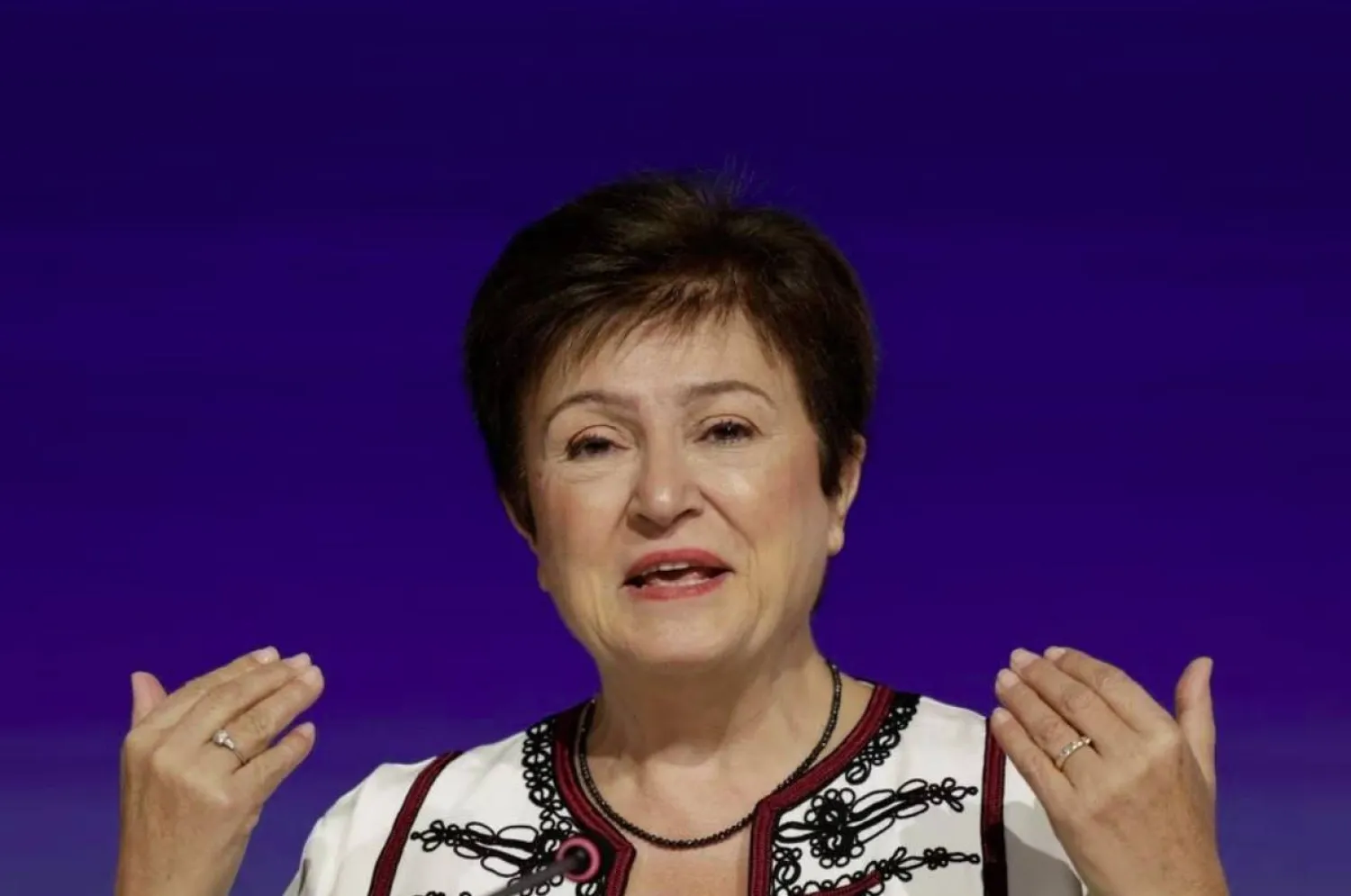International Monetary Fund managing director Kristalina Georgieva said on Thursday the Israel-Hamas conflict threatened to darken an already murky global economic outlook.
Georgieva said severe shocks were becoming "the new normal" in a global economy characterized by weak growth.
"Very clearly, this is a new cloud on not the safest horizon for the world economy, a new cloud darkening this horizon," she told a news conference at the annual meetings of the IMF and World Bank in Marrakech, Morocco.
The IMF has kept its growth forecast at 3.0 percent for this year but lowered it to 2.9 percent for 2024.
"It's heartbreaking to see innocent civilians dying," an emotional Georgieva told reporters.
"We do need to build our agility in terms of anticipating shocks and being quick to respond," she said.
"We are closely monitoring how the situation evolves, how it is affecting, especially oil markets," Georgieva said. There had been some fluctuations in oil prices and reactions in markets, but it was too early to predict the economic impact, she added.
Jihad Azour, IMF Director of the Middle East and Central Asia Department, said it is difficult to have a ‘clear reading’ about the conflict’s economic impact.
IMF research suggests that if there is something like a 10% increase in oil prices, this would weigh down on global output by about 0.15% in the following year and would increase global inflation by about 0.4 percentage point.
IMF chief economist Pierre-Olivier Gourinchas said it is "too early" to assess its impact on global economic growth.
A financial expert from one of the investment banks, speaking on condition of anonymity, told Asharq Al-Awsat that if this situation continues then prices will increase, including oil prices.
He added that it is impossible to predict any scenarios because they are linked to the updates of the war, like the Russian-Ukrainian war.









